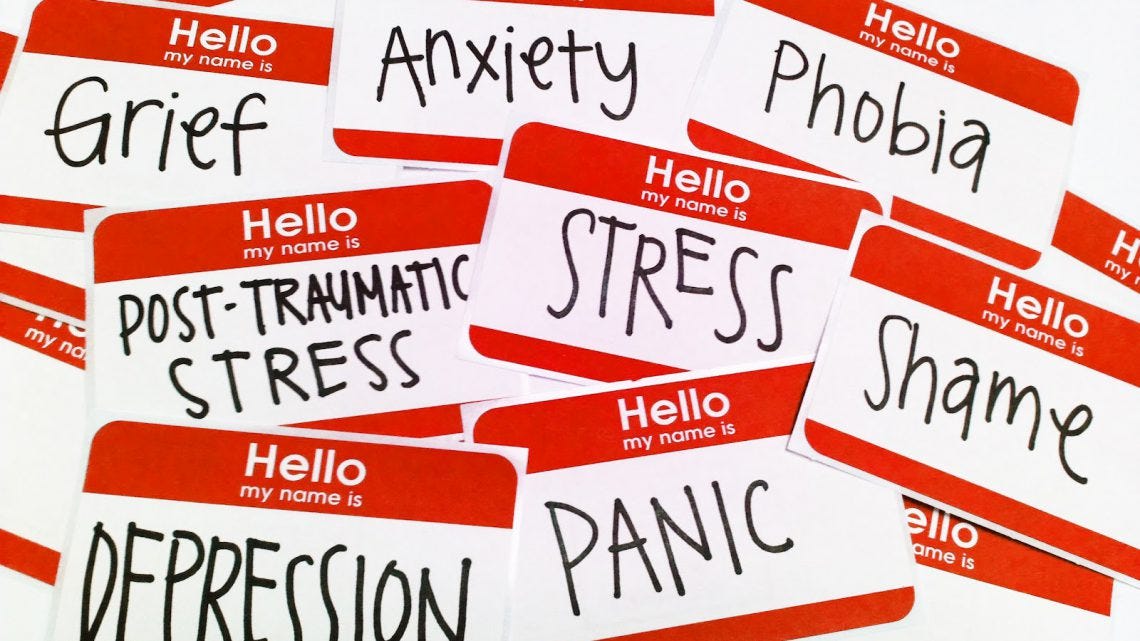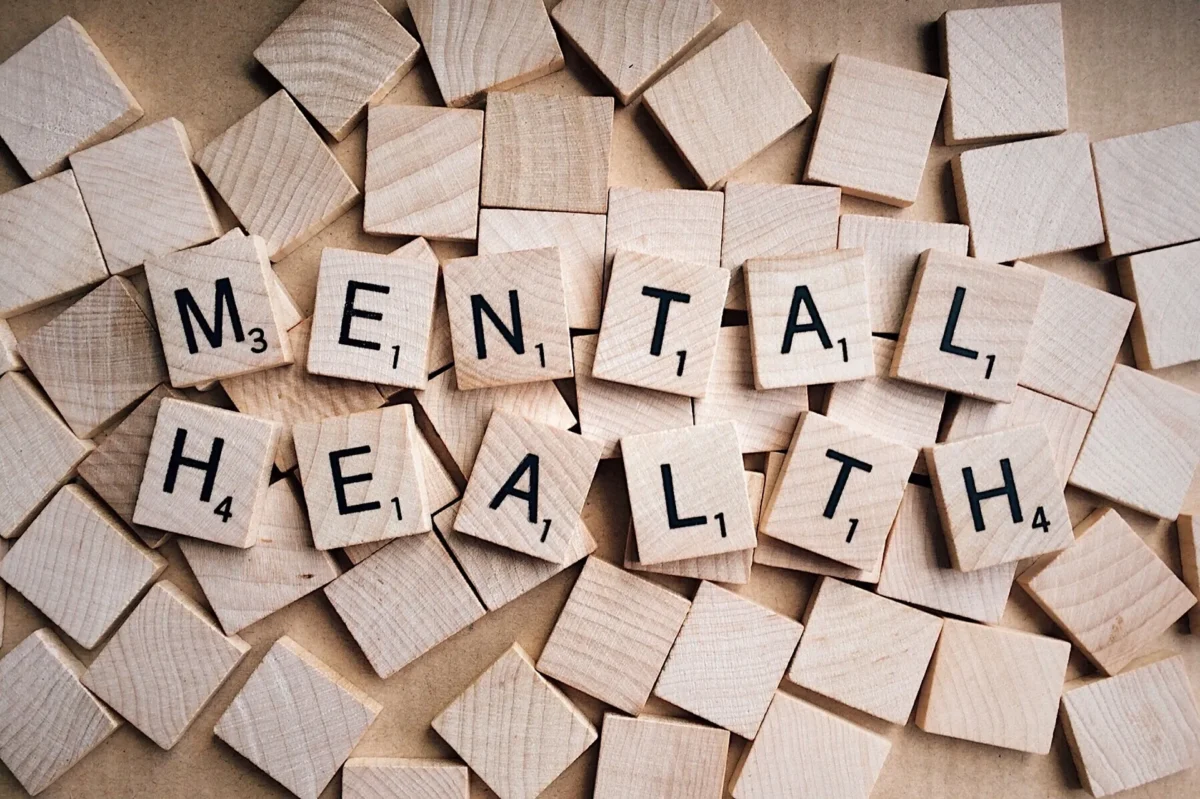Our lives are shaped not just by our own experiences, but also by the experiences of those who came before us. This is particularly true when it comes to trauma. Generational trauma refers to the psychological and emotional wounds that are passed down through families. The effects of which can be subtle or profound, impacting individuals across generations.
Understanding Generational Trauma
The weight of the past can be heavy, especially for children carrying the invisible burden of generational trauma. This emotional and psychological distress, passed down through families, manifests itself, in a child’s behavior as anxiety, depression, or difficulty regulating emotions. Schools, however, have the power to become a force for healing by integrating mental health education that specifically addresses generational trauma.
Generational trauma can stem from a wide range of experiences, such as war, abuse, neglect, or displacement. These experiences can leave deep emotional scars on parents and grandparents, impacting their parenting skills and emotional availability. Unexpressed grief, unresolved anger, or a sense of helplessness can be passed down unconsciously, affecting how a child views the world and interacts with others. These students may struggle to form healthy relationships, exhibit erratic behavior, or have difficulty focusing in school.
Learning to Ride the Waves of Emotions
To survive the seasons, you must change with them. So it is with our emotions, a vast and ever-shifting ocean within us, with sunny days, exciting waves, and storms of sadness, grief and anger altogether.

For example, Anger. It is one such natural human emotion, but when it’s not managed effectively, it can become a destructive force. Uncontrolled anger can lead to outbursts, aggression, and difficulty forming healthy relationships. These behaviors can disrupt a student’s learning environment and alienate peers.
Mental health education can equip students with the tools they need to manage our emotions effectively. By learning about the physiological changes that occur, students can begin to recognize the warning signs before they escalate. Education can introduce healthy coping mechanisms such as deep breathing exercises, relaxation techniques, and effective communication skills. Students can learn to identify triggers, express their frustrations assertively, and navigate conflict resolution in a constructive way.
Symptoms in the Classroom
Children carrying the weight of generational trauma often exhibit signs of emotional distress in the classroom. They may struggle to concentrate, have difficulty forming healthy relationships with peers, or exhibit outbursts of anger. These behaviors can be misinterpreted as disciplinary issues, leading to further frustration for both students and teachers.

Mental health education in schools can be a powerful tool for breaking the cycle of generational trauma. Here’s how:
Breaking the Silence: The Role of Mental Health Education
- Raising Awareness: By educating students about the concept of generational trauma, schools can help them understand the potential source of their struggles. This self-awareness empowers them to approach their emotions with compassion and seek help when needed.
- Developing Coping Mechanisms: Mental health education can equip students with practical tools to manage the emotional impact of trauma. Techniques like mindfulness exercises, relaxation techniques, and journaling can help students regulate their emotions and develop healthy coping mechanisms.
- Building a Safe Space for Expression: Creating a safe and supportive environment within the school is crucial. Through group discussions, art therapy, or individual counseling, students can explore their emotions and experiences in a non-judgmental space. This can be especially helpful for children who may not feel comfortable expressing themselves at home.
Recognizing Your Role as a Parent in Your Child’s Mental Health
Parents play a crucial role in shaping a child’s mental health. Unfortunately, sometimes parental behavior can inadvertently contribute to a child’s struggles. Unrealistic expectations, harsh criticism, or a lack of emotional support can create a breeding ground for anxiety, depression, and low self-esteem. Children raised in a stressful or chaotic home environment may struggle to regulate their emotions or feel safe expressing their vulnerabilities.
Mental health education can extend beyond the classroom walls, empowering parents to understand their child’s emotional needs and fostering positive communication skills. Workshops or parent-teacher conferences can provide parents with resources on topics like creating a supportive home environment, setting healthy boundaries, and actively listening to their children. By equipping parents with these tools, we empower them to become pillars of support in their child’s mental health journey.

Collaboration is Key
Schools cannot tackle generational trauma alone. Collaboration with parents and mental health professionals is essential. Schools can offer workshops or resources to help parents understand trauma and its impact on their children. Equipping parents with positive communication skills and strategies for creating a supportive home environment can significantly improve a child’s mental well-being.
Partnership with therapists or counselors can provide vital support for students who need specialized care. Schools can act as a bridge between students and mental health professionals, facilitating access to critical resources.
By prioritizing mental health education that addresses generational trauma, schools can create a positive change. Empowered students with healthy coping mechanisms are better equipped to navigate the challenges of life and build healthy relationships. Furthermore, by breaking the cycle of trauma, we invest in a future where children are not burdened by the emotional baggage of the past.
Integrating mental health education that addresses trauma is not just beneficial – it’s a necessity. Educators, parents, and mental health professionals must work together to create a holistic approach to student well-being. By prioritizing mental health education, we can equip the next generation with the tools they need to heal, thrive, and build a brighter future.

In conclusion, a comprehensive mental health education program that addresses generational trauma, anger management, and parental influence is essential for fostering a generation of emotionally healthy individuals. Schools, parents, and mental health professionals must work collaboratively to create a supportive network that empowers students to navigate the complexities of their emotional wellbeing.




1 Comment
Pingback: Lack of vitamin b12 in the body can be life threatening? Here's what to do - INPAC Times